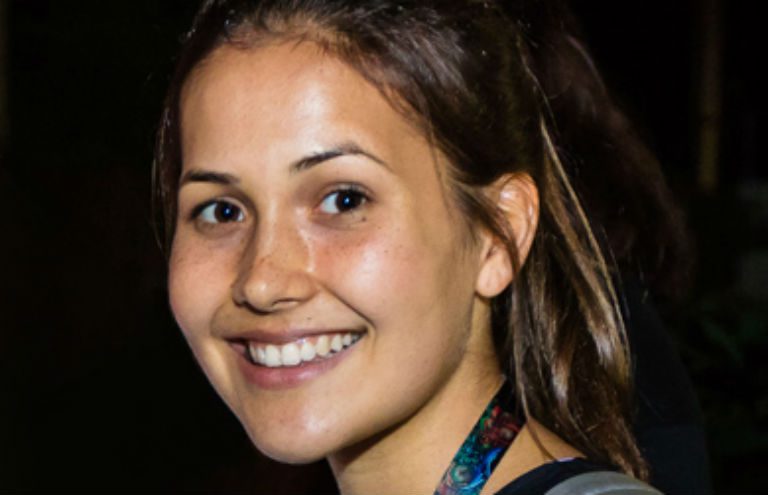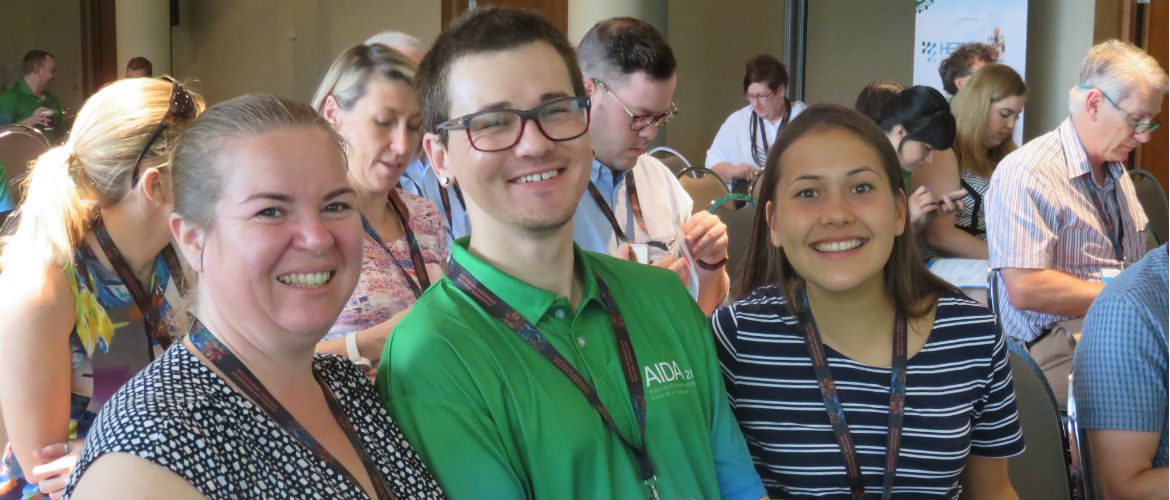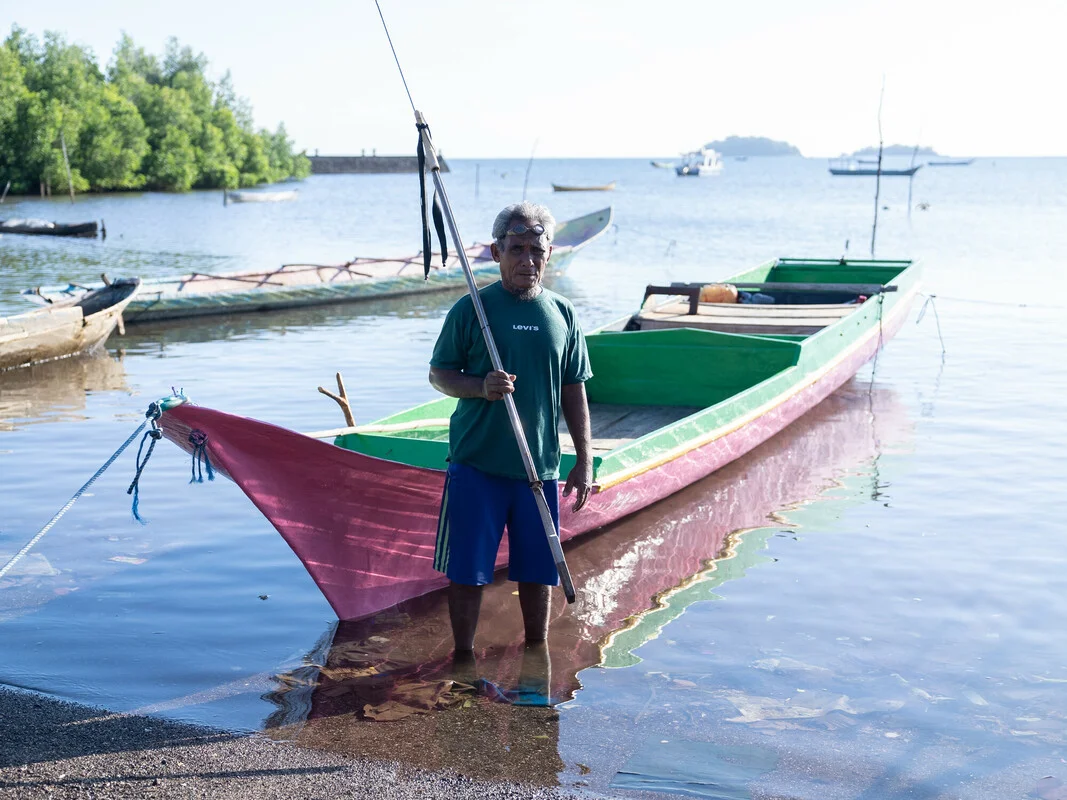By Lauren Bailey. Kelly Langford’s quotes kindly provided by the Australian Indigenous Doctors’ Association.
Miss Kelly Langford is a proud Badjala woman from Fraser Island and a Darraba woman from Starckie. She is also an Indigenous Medical Student Member with the Australian Indigenous Doctors’ Association (AIDA), and is committed to improving the health of Indigenous people in rural and remote communities.
Aboriginal and Torres Strait Islander Peoples are three times more likely to have diabetes than other Australians.
From an early age, Kelly witnessed the heartbreaking burden of this disease. She realised that by studying medicine she could play an active part in helping to prevent suffering and improve the level of treatment available to her community.
Kelly’s family have supported her throughout her studies, and her nana has been a particular inspiration.
“Growing up, I spent a lot of time with my grandparents. I remember my nana, who is a drug and alcohol counsellor, having such enthusiasm and passion when it came to helping Indigenous people. I strived to find something that I would be as passionate about as Nana was about being a counsellor.”
Now in her third year of medicine at The University of Western Australia, Kelly couldn’t be happier, or more grateful, to be studying a degree that will give her the knowledge and skills to improve the health and wellbeing of Indigenous people.
“As an Aboriginal medical student, I have noticed that there is a need for more Indigenous health education in the curriculum. It is necessary that all health professionals have an understanding of Indigenous culture and are able to communicate with Indigenous patients appropriately.”

Photo: Brad Newton Photography/Copyright: AIDA
Kelly believes that education, practical exposure and building trust-based relationships are all integral to closing the health gap between Indigenous and non-Indigenous Australians.
“I believe that it is important to encourage and inspire young Indigenous people to finish secondary school and pursue tertiary education. Over the past two years I have tutored and mentored Indigenous university students.”
The idea of mentoring as an integral part of career development was brought home to Kelly through her own experiences as a high school student.
“I was part of a program called ‘Follow the Dream’. The constant mentoring and support that I received helped me achieve the results that enabled me to be accepted into university.”
There are many factors involved, including social and economic, so all initiatives to Close the Gap are equally important.
What can we do to support advocating for better Indigenous health? It starts with recognition.
“Closing the Gap means recognising that Indigenous Australians have poorer health outcomes when compared to non-Indigenous Australians and taking action to reduce this health inequity.”
With your help, Oxfam aims to Close the Gap and achieve health equality within a generation.



